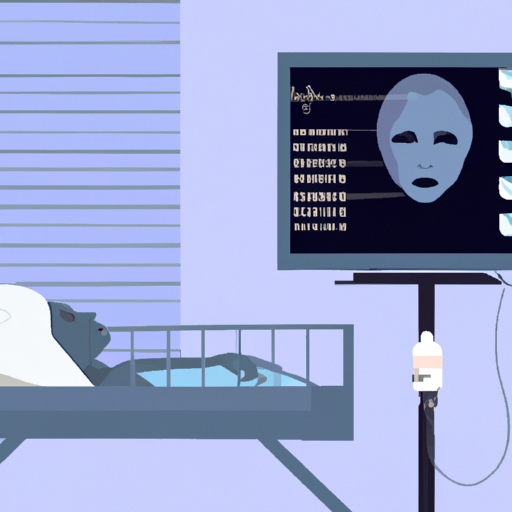Addressing The Opioid Crisis: Innovative Pain Management Pilot in Canada
As the opioid crisis continues to burden Canadian communities, it’s essential to explore proactive steps to combat the epidemic’s impact. One such effort is an innovative pilot program offering enhanced pain support for post-operative patients in Nova Scotia. The program aims to reduce opioid use and dependency, a significant issue linked to the ongoing Canadian opioid crisis.
The Canadian Opioid Crisis: A Snapshot
Over the past decade, communities, including Calgary, have wrestled with escalating numbers of opioid-related deaths, a surge in drug-related crime, and increased homelessness predominantly caused by opioid addiction. In 2020 alone, Alberta encountered a 40% increase in opioid-related deaths due to the ongoing health crisis. This pattern, unfortunately, is not unique to Calgary but replicates across other parts of the nation, causing a national emergency.
Enhanced Pain Support Pilot: A Step Towards Resolution
The Nova Scotia Health Authority, recognizing these grim statistics, has introduced a significant step towards alleviating this crisis — an enhanced pain support pilot program. Launched at the Hants Community Hospital, this project explores alternative pain management approaches post-surgery, including personalized care plans that involve a combination of non-opioid medications and physical therapies.
The pilot program, the first of its kind in Nova Scotia, is targeting a 10% reduction in the use of opioids post-surgery.
Key Components of the Pilot Program
- Personalized Care Plan: This involves evaluating each patient’s pain threshold, health history, and concerns before creating a customized plan that predominantly includes non-opioid medications and therapies.
- Education: The pilot program stresses the importance of patient and caregiver educational sessions. This includes understanding non-opioid pain management approaches and potential risks associated with opioid usage.
- Regular Follow-ups: Patients are checked regularly after discharge to track their progress, pain levels, and medication usage. Any unexpected pain increase or signs of opioid dependency can quickly be addressed in these sessions.
- Interdisciplinary Approach: The clinician teams include surgeons, anesthesiologists, and nurses, ensuring a comprehensive and well-rounded approach to patient care.
Impact and Prospects: A Beacon of Hope Amid the Crisis
By focusing on personalized care plans that revolve around non-opioid treatments, this pilot program has shown promise. Preferring holistic approaches to pain management over the frequently used opioids, it signals a potential turning point in the ongoing opioid crisis.
Naloxone and Canadian Opioid Abatement Class Action
Additional countermeasures include initiatives like naloxone distribution and the Canadian opioid abatement class action. Naloxone is an opioid antagonist that can reverse an opioid overdose – a lifesaving tool in this crisis. The Canadian opioid abatement class action, on the other hand, is another part of the legal strategy aiming to assign liability to manufacturers and distributors of opioids, thus seeking to curb the rampant misuse.
Conclusion: Hope Amid the Storm
The Canadian opioid crisis has necessitated multifaceted and innovative responses to confront this national public health crisis effectively. The enhanced pain support pilot program is one of such responses – a sign of hope amid unrelenting storm.
Simultaneously, further efforts, including wider naloxone availability and legal measures like the Canadian opioid abatement class action, can contribute significantly to the broader national battle against opioid addiction. As this fight continues, programs such as these fill both the victims and onlookers with much-needed optimism and resolve.
Key Takeaways
In summary:
- The opioid crisis continues to burden communities across Canada, with increasing opioid-related deaths, drug-related crimes, and rise in homelessness.
- The enhanced pain support pilot is Nova Scotia’s efforts to alleviate the crisis, aiming to reduce opioid use post-surgery by 10%.
- The pilot program adopts an interdisciplinary approach, placing a crucial emphasis on patient education and personalized care plans involving non-opioid treatments.
- Further initiatives like naloxone distribution and the Canadian opioid abatement class action complement such institutional efforts to combat the crisis.
- Though the storm hasn’t passed, programs like the pain support pilot instill optimism and determination in this battle against the opioid crisis.
